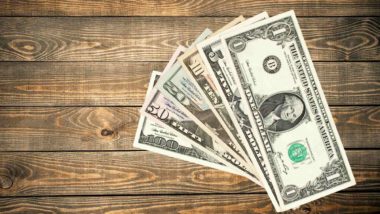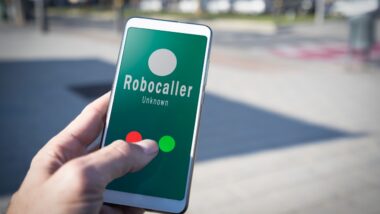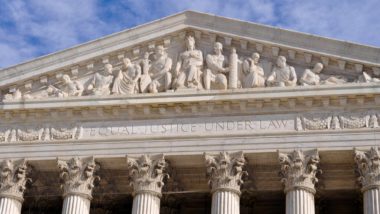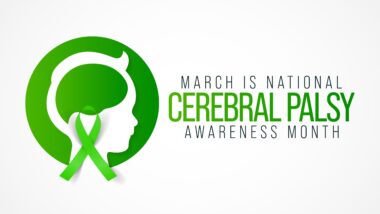Top Class Actions’s website and social media posts use affiliate links. If you make a purchase using such links, we may receive a commission, but it will not result in any additional charges to you. Please review our Affiliate Link Disclosure for more information.
Discount store Dollar Tree made headlines in 2021 when it upped the prices of its items to over a dollar, which had many customers wondering if its name could be considered false advertising.
Why Dollar Tree Changed Its Prices
After 35 years, the retail chain announced in November 2021 that it was going to raise prices to $1.25 in part because of inflation and so that it could expand its offerings. The announcement said the change would be implemented in all stores by May 2022.
The company had been testing higher-priced items for months, with some items at Dollar Tree Plus going for $3 and $5.
What Is False Advertising?
In order for something to be considered false advertising, the store must give untrue or misleading information to a consumer to incentivize them to come inside the store or buy an item. Anyone who sells an item must honestly advertise its cost.
“So, suing a store for being called ‘Dollar Tree’ probably doesn’t fit,” Amy Hoffman from Hoffman LLC said. “The store’s name is not a statement of fact; it is a trade name.”
How Can Someone Sue For False Advertising?
To sue for false advertising, a plaintiff has to show an incorrect statement of fact has been made about the advertiser’s goods.
Hoffman said the statement must deceive or “has the potential to deceive the targeted audience” and that “the deception is likely to affect the purchasing decisions of the audience, and that the plaintiff was harmed.”
For example, a customer wants to buy a pan and sees it advertised on the shelf for $20. The sticker on the pan also states it is $20 but at checkout the price changes to $25. This could be considered false advertising because the price advertised was incorrect and not the actual cost. That said, if the company can show it was simply a mistake, then there wouldn’t be an action because the company wasn’t being “deceptive.” If it is consistently charging more at the register, then that practice might show the company was being deceptive to consumers.
What About A Store’s Name?
A store’s name is not a statement of fact, it is just a name. So the Dollar Tree and 99 Cents Only Store are not necessarily deceiving its customers because of its name.
“While someone might claim the name is deceptive, they would not actually be deceived when they saw the price tags prior to purchase or at the point of sale,” Hoffman said. “So long as the store properly advertises the prices of its items, it can charge whatever it likes.”
Regardless, stores have been sued because of their names.
In 2015 a Los Angeles Superior Court judge dismissed a case that stated that California-based 99 Cents Only Stores engaged in unfair competition and false advertising because it sold items for more than 99 cents. The plaintiff claimed that because of its name, it could not sell items for more than $1, even if the prices were fully disclosed before purchase.
However, the judge said that the company disclosed the prices for several items and found that the customer had noticed the prices and was not harmed by the purchases.
“In the 99 Cents Only Store case, the court found that the statement would not affect the purchasing decisions of the audience, since the customers could see the actual prices, and that the purchasers were not harmed, because there was no allegation that the product purchased was not worth the price paid,” Hoffman said.
[getsocial app=”sharing_bar”]
Don’t Miss Out!
Check out our list of Class Action Lawsuits and Class Action Settlements you may qualify to join!
Read About More Class Action Lawsuits & Class Action Settlements:
ATTORNEY ADVERTISING
Top Class Actions is a Proud Member of the American Bar Association
LEGAL INFORMATION IS NOT LEGAL ADVICE
Top Class Actions Legal Statement
©2008 – 2024 Top Class Actions® LLC
Various Trademarks held by their respective owners
This website is not intended for viewing or usage by European Union citizens.















743 thoughts onTCA Explains: How Dollar Tree and other discount stores can charge higher prices and not get sued for false advertising
Pretty sure if it stated anywhere on the build that everything’s between 1$ – 5$ than ringing up at the cahs register 9.99+ tax is false advertisement for an example a looney toony advertises right under there name everything Is between 1-5$ but looking at double sided admission tickets they range from 6.99-9.99 this defiantly sound like false advertisement to get someone to enter their store and buy stuff went into their to buy the admission tickets to later find out they want over 10$